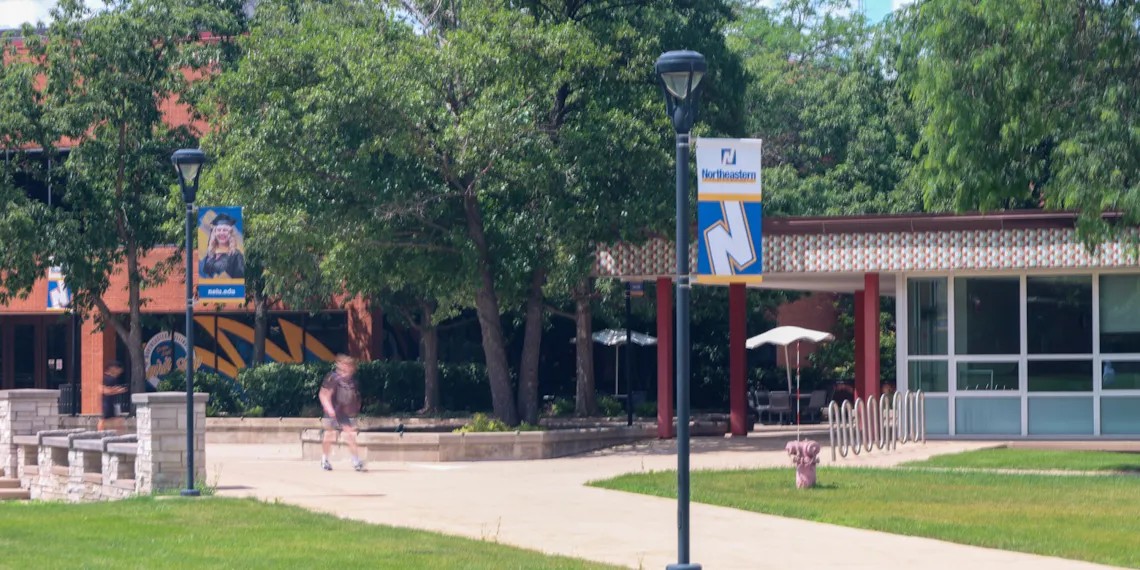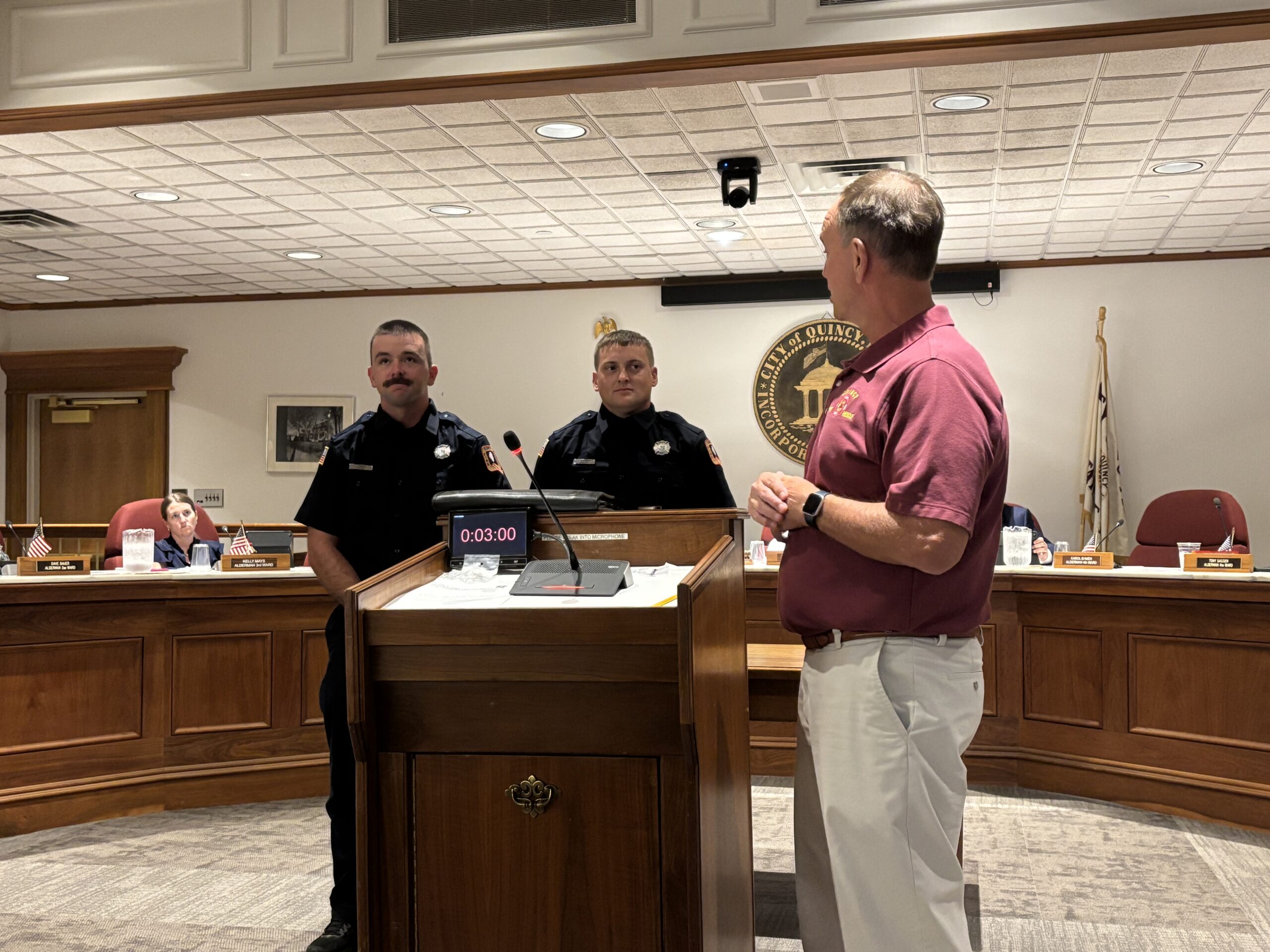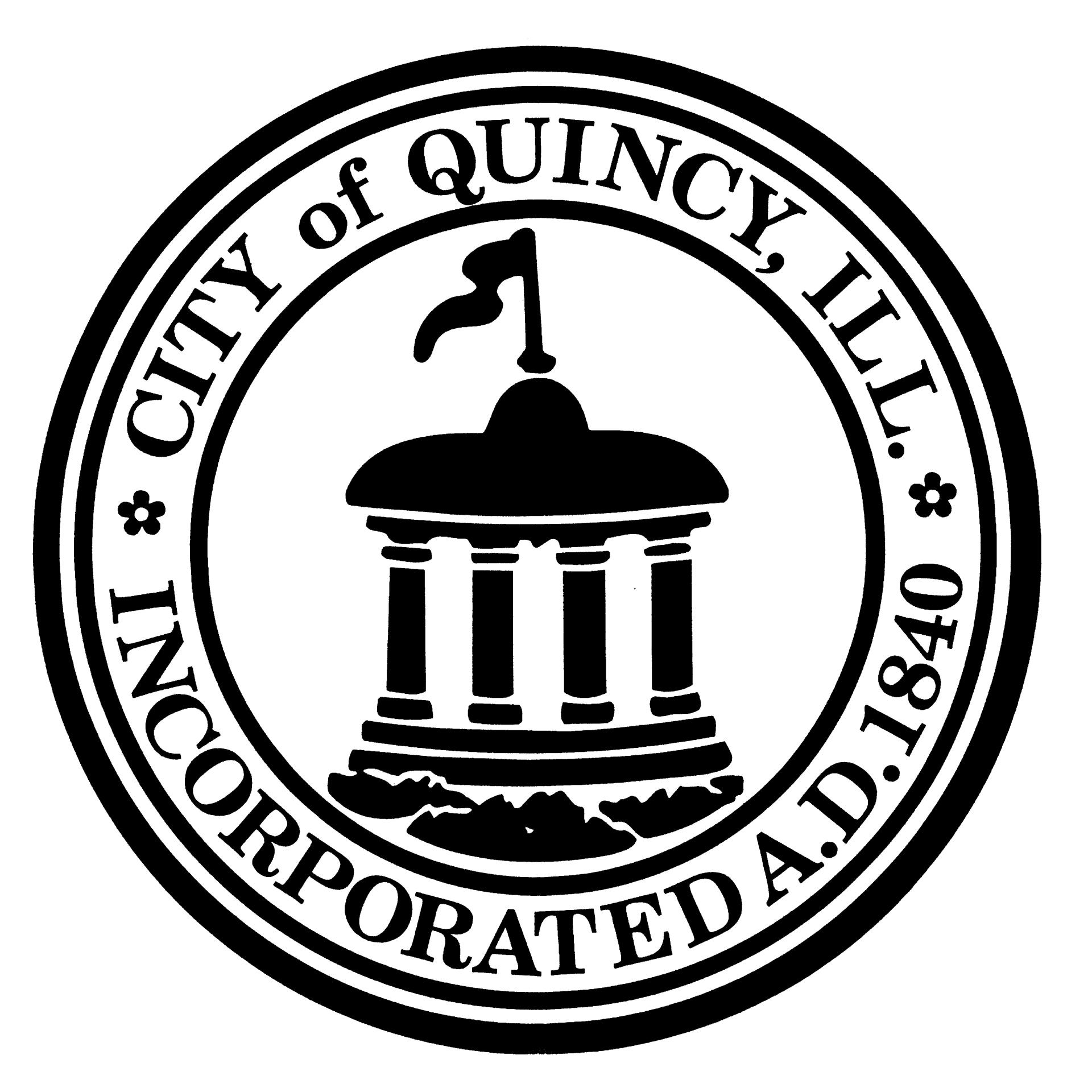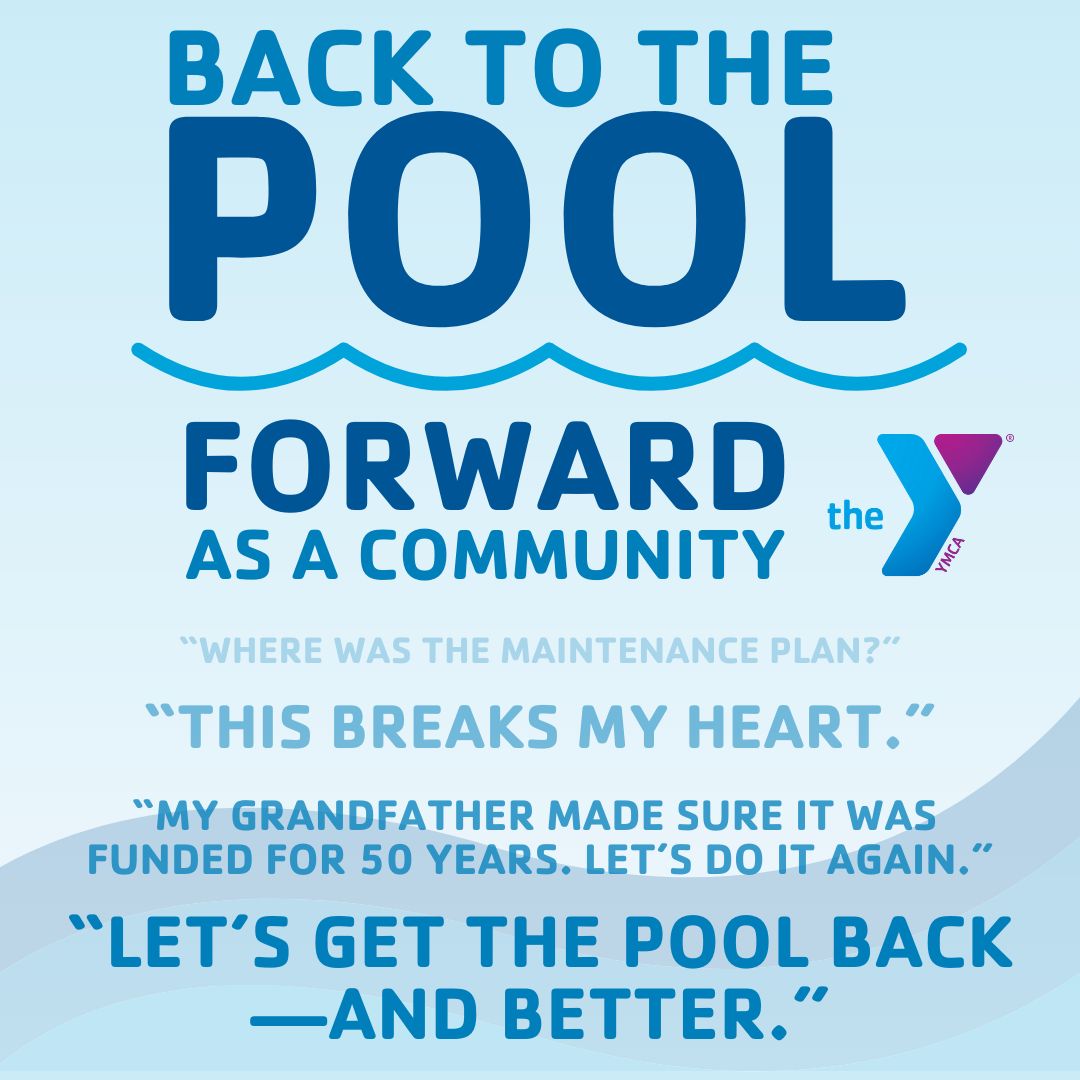Chicago If they have good enough marks, Illinois students can get admitted to most state universities without having to fill out applications.
On Monday, Governor JB Pritzker signed a measure establishing the direct admissions program. He also signed laws that establish new requirements for financial aid application help and new state rules for programs that grant high school students college credits.
According to a statement from Pritzker, these bills improve applicant support, open up new opportunities for prospective students, and expedite the application process for Illinois seniors heading to college. The goal of all government action should be to make life easier for our citizens by enacting these laws.
Pritzker had stated that throughout this year’s legislative season, which concluded on May 31, he would prioritize college admissions and the accessibility of higher education. However, earlier this year, one of his trademark initiatives—allowing community institutions to provide four-year degrees—failed.
Direct college admissions
Students who wish to attend a state school will be automatically admitted if their grade point average is good enough thanks to Illinois’s implementation of a direct admissions program.
You will automatically get offers from the schools to which you are admitted if you are an eligible senior or a community college transfer student. “That’s huge,” said Senator Christopher Belt, a Democrat from Swansea. It eliminates the angst and anxiety associated with the entire process.
House Bill 3522, which outlined the direct admissions scheme, was passed in late May with wide bipartisan support in the House and overwhelmingly in the Senate.
Read more: Plan to simplify college admissions, House approves new abortion protectionSenate Democrats support a plan to expedite college admissions in Illinois.
Nine of the eleven public universities in the state will take part in the initiative, which will start in the 2027–2028 academic year:
- University of Illinois Springfield
- Southern Illinois University
- Chicago State University
- Eastern Illinois University
- Governors State University
- Illinois State University
- Northeastern Illinois University
- Northern Illinois University
- Western Illinois University
To be eligible for offers, high school and community college students who want to transfer to a state institution must choose to participate in the program. All prospective students are already admitted to community colleges, but they will continue to use the direct admissions process.
The direct admission program will not be used by the University of Illinois Urbana-Champaign or the University of Illinois Chicago. However, through an education and access campaign, the state will tell eligible students about traditional applications.
Each institution will determine its own requirements for the outreach campaign and direct admissions program.
In a statement released on Monday, Illinois Board of Higher Education Executive Director Ginger Ostro said that the new statewide direct admissions program will make a college degree more accessible and encourage students to continue their transformative college journey by guaranteeing them a spot at their community college or at one of the state’s public universities.
Financial aid application assistance
House laws 3096 and 3097, two other laws that Pritzker signed on Monday, are designed to facilitate students’ financial aid applications.
According to HB 3096, Illinois high schools must assign at least one employee to serve as a point of contact for inquiries regarding the Free Application for Federal Student Aid, or FAFSA. According to HB 3097, high schools must provide students with time throughout the school day to complete FAFSA forms and get help doing so.
The 2025–2026 academic year marks the implementation of the new criteria.
Eligibility for federal loans is determined using data gathered via the FAFSA. The state provides need-based grants based on data provided by FAFSA, and many schools use it for their own aid programs.
Sen. Javier Cervantes, D-Chicago, stated, “As a father of college students, I just went through this enjoyable exercise with my daughter filling out an FAFSA form.” We had deadlines and had to make sure we had our documentation together, so I’m being a touch cynical when I say it was fun.
According to data from the U.S. Department of Education, 86% of first-time students at four-year institutions and 78% of first-time students at two-year institutions, on average, received federal financial help during the 2010 and 2020 academic years.

Dual credit program
Another bill that Pritzker endorsed on Monday, House Bill 2967, sets new standards for community colleges and high schools that provide dual credit programs, which allow students can receive both college and high school credit for finishing a single course.
A master’s degree in the field they teach, or a master’s degree plus some graduate study in the area, is required of teachers instructing dual credit classes. Additionally, it mandates that community institutions and high schools assign someone to handle negotiating the terms of individual dual credit arrangements.
In a statement, Illinois Community College Board Executive Director Brian Durham noted that HB 2967 “reaffirms the critical role that strong, robust partnerships between community colleges and high schools play in delivering high quality dual credit programs.” These initiatives give pupils a head start on their college coursework and a route to professional achievement.
Additionally, the bill mandates that when establishing dual credit programs, schools give preference to in-state universities and colleges over out-of-state ones.
Along with updating a template that school districts use to create dual credit agreements with community colleges, the bill establishes a committee composed of education officials, representatives from two different statewide teachers unions, and others to work on improving the quality and accessibility of dual credit programs.
Four-year degrees at community college
This spring, a crucial proposal that would have permitted community institutions to award bachelor’s degrees was not approved. Pritzker supported the program in his State of the State speech earlier this year, but the General Assembly opposed it and failed to pass a measure enacting the policy.
Read more: A House committee slows Pritzker’s community college initiative
Some senators were concerned that the proposal may undermine efforts to draw local students to public universities. Some politicians were especially concerned that it might harm institutions that service a significant minority student body, such as Chicago State University and Northeastern Illinois University.
Pritzker, however, stated on Monday that he will keep working on a plan to permit additional universities to provide bachelor’s degrees in highly specialized fields like advanced manufacturing and nursing.
According to Pritzker, sometimes it takes two, four, six, or even more years of work to complete a task.
Hundreds of news outlets throughout the state receive coverage from the state government through Capitol News Illinois, a nonprofit, unbiased news organization. The Robert R. McCormick Foundation and the Illinois Press Foundation provide the majority of its funding.
This story is reproduced here under a Creative Commons Attribution-NoDerivatives 4.0 International License, which was originally published on Capitol News Illinois.












